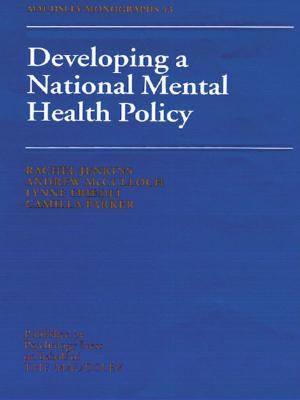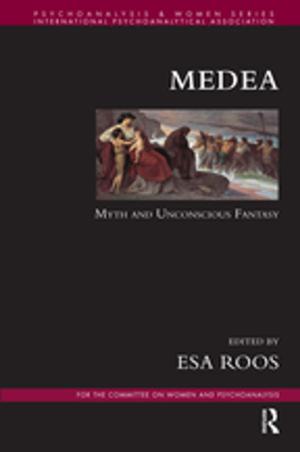| Author: | Carlo Patetta Rotta | ISBN: | 9781351961752 |
| Publisher: | Taylor and Francis | Publication: | May 15, 2017 |
| Imprint: | Routledge | Language: | English |
| Author: | Carlo Patetta Rotta |
| ISBN: | 9781351961752 |
| Publisher: | Taylor and Francis |
| Publication: | May 15, 2017 |
| Imprint: | Routledge |
| Language: | English |
Following corporate scandals and the recent bankruptcy of large financial institutions, the public believes that one of the responsibilities of governments, regulators and corporate executives is to do business in compliance with basic ethical values. It is now acknowledged that there has been a general decline in ethical standards in the business world, perhaps due in part to a celebrity culture that overvalues wealth and shallow notions of 'success'. Ethics used to be discussed only by philosophers and academics, but it is now apparent to business leaders that companies wishing to survive into the future have to develop effective protection against exposure to 'ethical risk'. This Short Guide, written by a professional with diverse international experience in auditing and fraud prevention who has specialised in ethics-related issues, serves as a resource for all who need a more complete view of the subject and practical guidance to inform their daily business decisions. Providing an overview of the theories of ethics that bear on today's business world, from Adam Smith's liberalism to stakeholder theory, the Guide explains the human behaviour that gives rise to fraud and corruption in terms of a "fraud triangle theory" according to which unethical behaviours happen when three risk components - psychological pressure, opportunity and rationalisation - are present. 'Pressure' is linked to the unfortunate superstar culture, while 'opportunity' can be reduced through application of adequate control mechanisms and corporate governance models. 'Rationalisation' has to do with the ability of an honest individual to justify a dishonest action in his own eyes. Ethics bears directly on this component and an ethical approach can prevent such self-justification. The adoption of appropriate company cultures and corporate governance models, the selection and retention of ethically sound staff and implementation of fair incentive systems are all advocated by the author, who describes the roles within an organisation of the Audit Committee and the Compliance Function. Additionally, the Guide offers a range of tools that can be applied by practitioners in the field, such as codes of conduct, compliance programmes, whistle blowing procedures and risk management processes.
Following corporate scandals and the recent bankruptcy of large financial institutions, the public believes that one of the responsibilities of governments, regulators and corporate executives is to do business in compliance with basic ethical values. It is now acknowledged that there has been a general decline in ethical standards in the business world, perhaps due in part to a celebrity culture that overvalues wealth and shallow notions of 'success'. Ethics used to be discussed only by philosophers and academics, but it is now apparent to business leaders that companies wishing to survive into the future have to develop effective protection against exposure to 'ethical risk'. This Short Guide, written by a professional with diverse international experience in auditing and fraud prevention who has specialised in ethics-related issues, serves as a resource for all who need a more complete view of the subject and practical guidance to inform their daily business decisions. Providing an overview of the theories of ethics that bear on today's business world, from Adam Smith's liberalism to stakeholder theory, the Guide explains the human behaviour that gives rise to fraud and corruption in terms of a "fraud triangle theory" according to which unethical behaviours happen when three risk components - psychological pressure, opportunity and rationalisation - are present. 'Pressure' is linked to the unfortunate superstar culture, while 'opportunity' can be reduced through application of adequate control mechanisms and corporate governance models. 'Rationalisation' has to do with the ability of an honest individual to justify a dishonest action in his own eyes. Ethics bears directly on this component and an ethical approach can prevent such self-justification. The adoption of appropriate company cultures and corporate governance models, the selection and retention of ethically sound staff and implementation of fair incentive systems are all advocated by the author, who describes the roles within an organisation of the Audit Committee and the Compliance Function. Additionally, the Guide offers a range of tools that can be applied by practitioners in the field, such as codes of conduct, compliance programmes, whistle blowing procedures and risk management processes.















